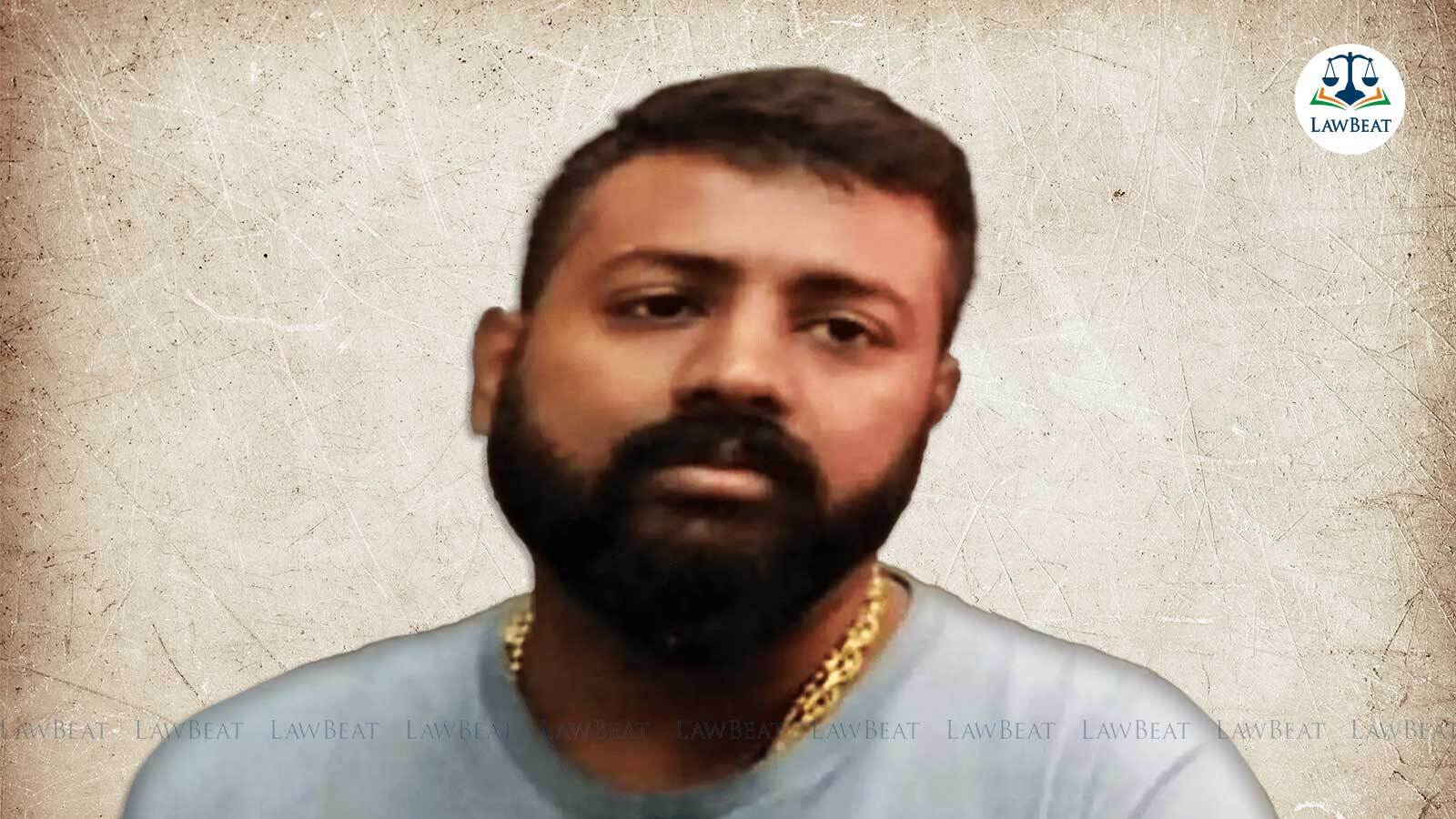‘Any Interpretation Which Defeats Pre-Eminence Of Bail Over Jail Should Be Avoided’: Delhi Court While Granting Bail To Sukesh Chandrashekar

An FIR was filed following a tip that Chandrashekar, a known fraudster with multiple cheating cases, was in contact with T.T.V. Dhinakaran in the Election Commission of India matter regarding AIADMK's 'Two Leaves' election symbol. A search of Chandrashekar's room uncovered the cash, and he was brought in for interrogation.
The Rouse Avenue Court, on Friday, granted bail to conman businessman Sukesh Chandrashekar. The court noted that Section 479 of Bharatiya Nagarik Suraksha Sanhita (BNSS) acknowledges the supreme importance of liberty and seeks to safeguard accused individuals from prolonged detention without the conclusion of proceedings, any interpretation that undermined the primacy of bail over imprisonment should be avoided.
Additional Sessions Judge- cum- Special Judge Vishal Gogne held, “Since section 479 recognises the paramount status of liberty and aims to protect accused persons against long periods of detention without proceedings reaching finality, any interpretation which defeats the pre-eminence of bail over jail should be avoided”.
Facts:
After the death of Tamil Nadu Chief Minister J. Jayalalithaa, the AIADMK party split into two factions: one led by V.K. Sasikala and the other by E. Madhusudhanan. The factions vied for the AIADMK's 'Two Leaves' election symbol. The dispute was taken to the Election Commission of India (ECI).
During this time, T.T.V. Dhinakaran allegedly conspired with Sukesh Chandrashekar, T.P. Mallikarjun, and B. Kumar to influence the ECI's decision by offering Rs. 50 Crores in bribes. Dhinakaran also sought to expedite the bye-elections for the Dr. Radhakrishnan Nagar Assembly Constituency to May 5, 2017, as he planned to run as a candidate.
Dhinakaran, with the help of his co-accused, allegedly transferred Rs. 2 Crores to Chandrashekar via hawala channels. Rs. 1.3 Crores of this amount were recovered from Chandrashekar's hotel room in New Delhi. Chandrashekar was also found to be impersonating a Rajya Sabha MP with a forged ID and had 'Member of Parliament' stickers on his car.
Contentions:
Advocates Anant Malik and Snighdha Singhi, representing Sukesh Chandrashekar, argued that Chandrashekar had endured detention in the present proceedings for a period exceeding 7 years and 4 months. Advocates Anant Malik and Snighdha Singhi further submitted that although previous bail applications had been dismissed by this court, in 2019.
Advocates Anant Malik and Snighdha Singhi submitted the Supreme Court judgment that bail, rather than incarceration, should be the norm, even under strict legislations like UAPA and PMLA, despite the 'twin conditions' incorporated in these laws.
Additional Public Prosecutor Gyan Prakash Ray, representing the State, opposed the application, citing the seriousness of the allegations concerning the alleged recovery of Rs. 1.3 crores in cash. The allegations suggested that this cash was intended to be used to exert undue influence on the Election Commission of India to secure a favorable election symbol for one faction of the AIADMK.
The court observed that since the bail application was made under Section 479 BNSS—a provision designed to alleviate the effects of prolonged detention—the merits of the allegations against Chandrashekar should not affect the bail decision.
Accordingly, the court noted that Chandrashekar was entitled to relief under Section 479(1) and the third Proviso to Section 479 BNSS. The court rejected the contention of the Prosecutor that subsection (2) restricted such relief was incorrect. The court remarked that if the accused had been detained beyond the maximum imprisonment term without conviction, the restriction of subsection (2) did not apply. Given that Chandrashekar’s detention exceeded the maximum term, his release was not affected by Section 479(2) BNSS.
Additionally, the court noted that the BNSS, though similar to the Cr.PC, was new legislation. At its inception, especially concerning liberty, both the prosecution and courts should prioritize the right to liberty over a strict or overly rigorous interpretation that could undermine the amendment’s intent.
The court further noted that the BNSS, introduced in 2023 with a focus on a "citizen-centric criminal procedure", included provisions that might contradict its own goals. Subsection (2) appeared repressive and reminiscent of colonial practices aimed at confining individuals rather than ensuring their release. Post-independence bail jurisprudence was grounded in Article 21 of the Constitution. If courts accepted an interpretation favoring subsection (2) of Section 479 BNSS, it might enable indefinite detention through additional FIRs. Judicial interpretation should guard against such misuse, the court emphasized.
Regarding the Explanation of Section 479 BNSS affecting the bail request, the court noted that this provision aimed to address delays in detention computation. However, it should be interpreted to support the purpose of Section 479 BNSS and safeguard the right to liberty, rather than merely reducing the accused’s detention period.
The court remarked that in this case, the delays were not due to Chandrashekar, who had the right to challenge the charge order. As the delays were caused by stays ordered by the Supreme Court and Delhi High Court, the accused should not be penalized under the Explanation to Section 479 BNSS. Seeking a legal remedy should not be a reason to deny the benefits of Section 479(1) and the third Proviso to Section 479 BNSS.
Consequently, the court granted bail to Sukesh Chandrashekar with a surety bond of INR 5,00,000.
Background: Sukesh Chandrashekar, facing 34 criminal cases, was accused of orchestrating an INR 215 crore heist while being imprisoned by deceiving Shivinder Mohan Singh of Ranbaxy. The Supreme Court ordered his transfer from Tihar Jail to Mandoli Jail, following his plea citing threats to his life. Chandrashekar's lawyer claimed extortion in jail, while ASG SV Raju noted that the accused was unable to continue his criminal activities due to the transfer of supportive officials.
Case Title: State v Sukesh Chandershekar
